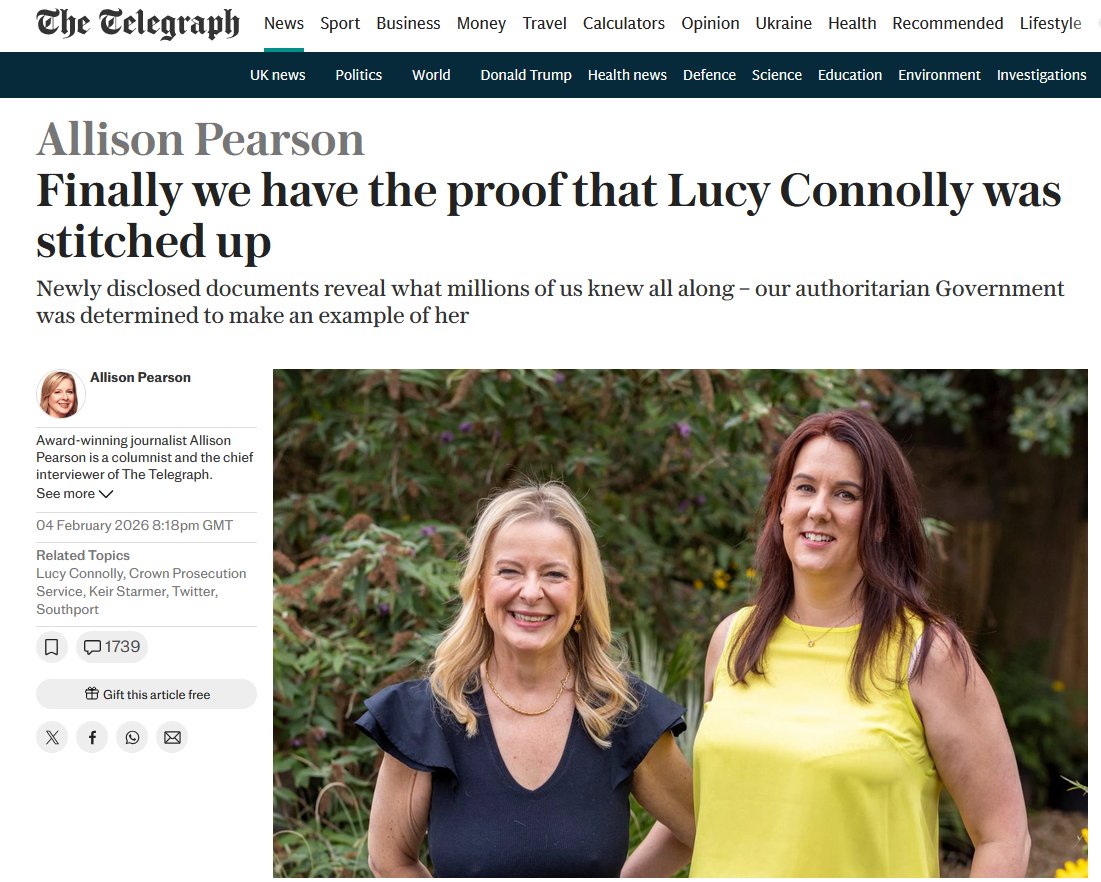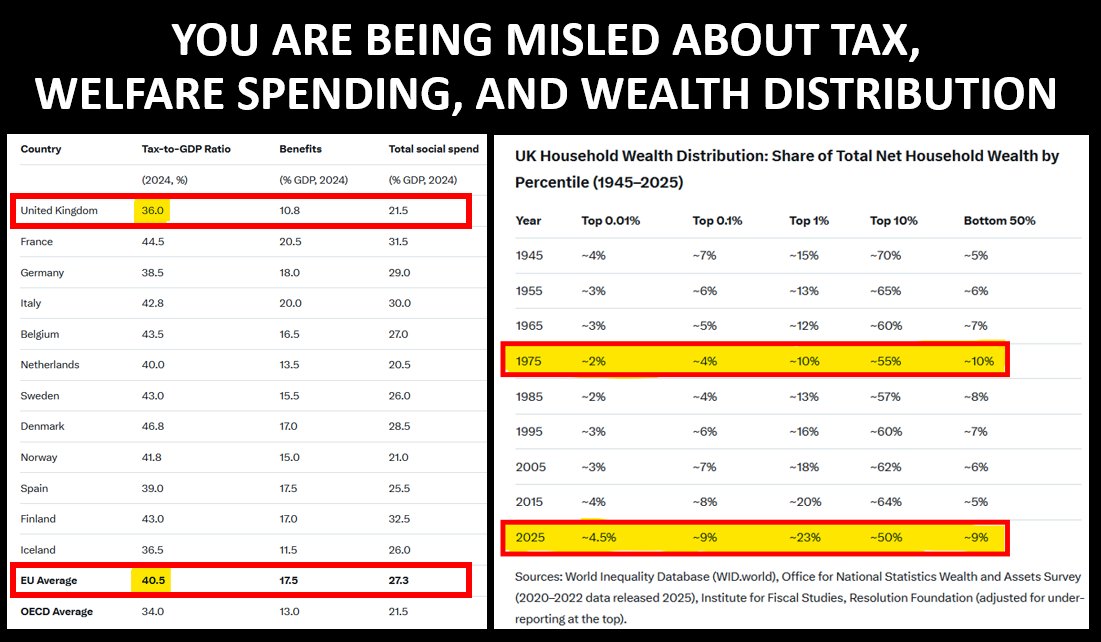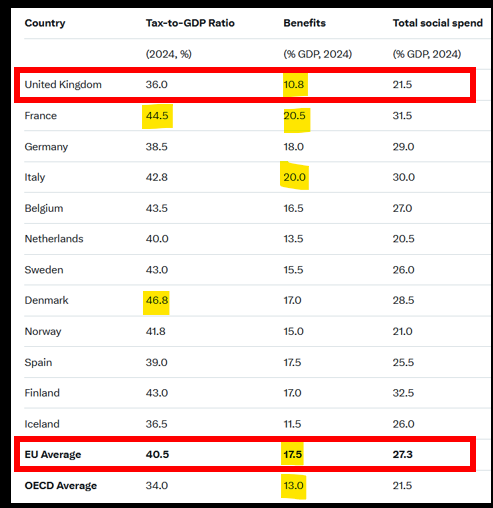Results of elections over the last five years signal to Progressives that we cannot simply continue thinking in traditional ways, proposing the usual, conventional solutions & hoping the pendulum could shift in their favour.
We need to wake the fuck up.
progressivepost.eu/wp-content/upl…
We need to wake the fuck up.
progressivepost.eu/wp-content/upl…
As a result of growing socio-economic inequality; the acceleration of economic, social & technological changes; changes in the voter base of social democratic parties; as well as numerous other global trends, many liberal democracies are led by populist politicians.
What to do?
What to do?
In the EU, roughly a quarter of likely voters vote for populist politicians, whose actions centre on fighting against some outside enemy, the rejection of political pluralism & the irreconcilable conflict between the “people” & the elites - all very reminiscent of 1930s Germany. 

Based on a “radical” understanding & interpretation of democracy, populists seek to implement a form of govt that demands uncontrolled authority on the basis of a popular mandate which is used to systemically weaken the institutional guarantees meant to safeguard minorities. 
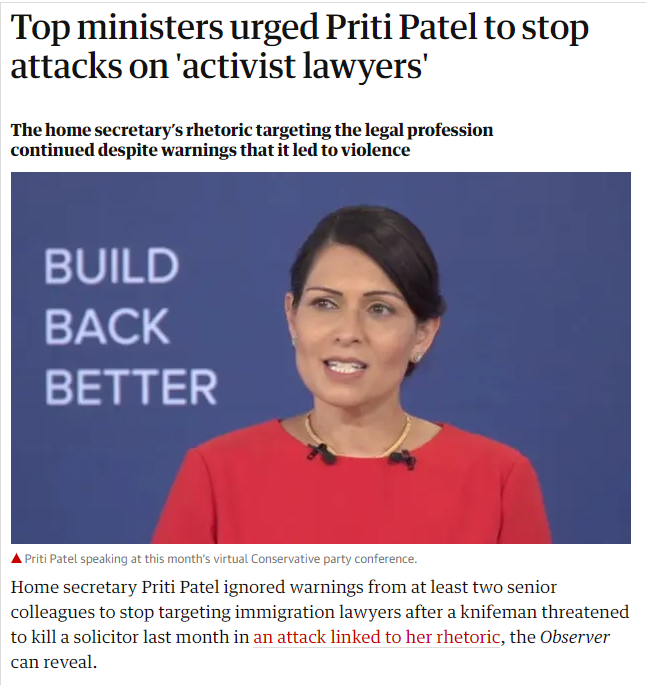
Populists portray human rights as instruments to thwart certain majority positions & as “antidemocratic”: organisations that invoke these rights are labelled “agents of foreign powers”. We are witnessing a widespread & far-reaching retrenchment in the area of progressive values. 
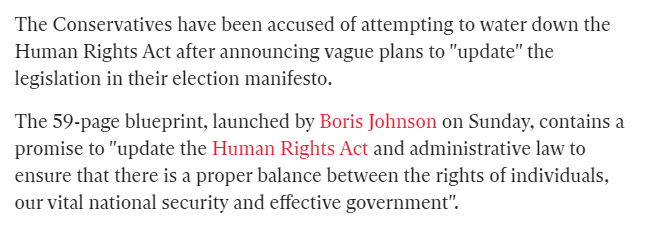
All progressives must better respond to the problems & fears of those social groups that are most susceptible to the allure of populism.
We need to find, articulate, amplify & put into practice political answers to populism in a practical, solution-oriented & positive ways.
We need to find, articulate, amplify & put into practice political answers to populism in a practical, solution-oriented & positive ways.

Research in countries with rising populism shows voters of populist parties are often guided by similar sentiments, around four major concepts:
Nostalgia for the 1980s & 1990s
Surging sense of national identity
Desire for economic justice
Desire for greater security & stability
Nostalgia for the 1980s & 1990s
Surging sense of national identity
Desire for economic justice
Desire for greater security & stability
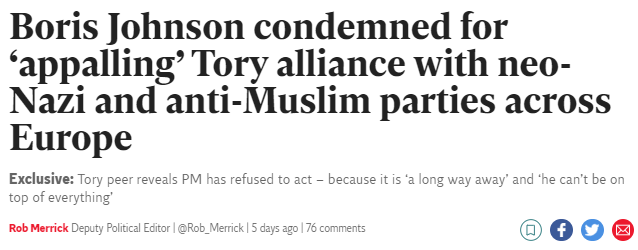
Taking each in turn:
The 80s & 90s are associated with economic growth & job security. An idealised past that voters crave: they consider it the age of stable security, when their countries were still “independent & authentic”. They no longer feel at home in their own countries.
The 80s & 90s are associated with economic growth & job security. An idealised past that voters crave: they consider it the age of stable security, when their countries were still “independent & authentic”. They no longer feel at home in their own countries.
A resurgence of national identity is associated with the idea of the nation as a safety net & as a force of cultural cohesion & unity.
Populist voters feel that their roots, their history, their traditional values & often even their religion are threatened by a changing world.
Populist voters feel that their roots, their history, their traditional values & often even their religion are threatened by a changing world.

They perceive globalisation & the EU as the main sources of these threats, but voters of populist parties perceive that immigrants pose a greater danger: they fear the “death” of national culture or the nation more generally, which is “caused by (mainly Muslim) immigrants” 

They dislike the uniformisation of nation-states, attributed to the activities of multi-national corporations, the
uniformly designed shops, restaurants & cafés - although they welcome some benefits of globalisation, eg selection of food & goods, & cheap & simple travel.
uniformly designed shops, restaurants & cafés - although they welcome some benefits of globalisation, eg selection of food & goods, & cheap & simple travel.

Surprisingly, populist voters often align themselves with leftwing economic values, especially when they relate critically to globalisation, which tends to increase differences in wealth, to divide societies, & to destroy small local enterprises & local or regional manufacturing. 

These voters also perceive that (international) laws do not apply equally to everyone, that they are more likely to afflict the weak than those with power and influence.
They feel that the fruits of globalisation are distributed unequally in the world.
They feel that the fruits of globalisation are distributed unequally in the world.
Populist voters believe social disparities are rising & social cohesion is diminishing because immigrants/refugees are provided with massive state assistance (housing, support for finding a job, benefits), while the majority of the population receive “no support from the state”. 

The desire for security & stability has unequivocally increased over the past decade. 9/11, acts of (mostly) Islamic terror, concentrations of crime in some large urban centres, along with the spread of real & fake news about all this, have shaken voters' sense of security. 

The labour market is another source of insecurity & instability, & voters highly value their personal freedom (eg being allowed to live their lives freely & without interference in their privacy) while expecting the state to use all its powers to ensure their safety & security. 

Populist parties talk about issues that reflect on grievances & problems felt by the voters, which the Left has struggled to adequately addressed over the past
few decades: how far should the left stick by its core position & how far should it adapt to the changing environment?
few decades: how far should the left stick by its core position & how far should it adapt to the changing environment?
Progressive parties must pursue different strategies in those situations where populists have already taken the reins of government - like the UK - than in countries where they are not in government yet.
So what strategies could we adopt?
So what strategies could we adopt?
Taking all the above into consideration, the answers to the problem of (nationalistic) populism from European progressives take the form of proposing strategies concerning six broad issues:
European integration
Community
Patriotism
Socio-economic protection
Migration
Cooperation
European integration
Community
Patriotism
Socio-economic protection
Migration
Cooperation
Given the chaos of Brexit, it is likely that the EU will take further action to protects its citizens, not only in terms of safety but also with respect to their jobs, their welfare & against the harmful effects of globalisation by introducing a minimum level of social benefits.
The harmonisation of minimum wages, welfare assistance & labour regulations is now likely within the EU: as the world’s largest economic player, it could use its power to combat the exploitation of workers by multinational corporations, climate change & rising social inequality.
So one concrete step Progressives in the UK could do is to watch & report on positive developments within the EU, & amplify concrete solutions along the lines described above (protection of workers, food standards, reducing economic inequality, action against climate change etc.)
Since 'identity politics' has become a predominant political cleavage that typically exacerbates conflicts between various social groups, an important strategic step for progressives would be generate an identity that extends to the entire community without being exclusionary. 

The weakening of local communities, the disintegration of trade unions, and the growing levels of social isolation have prompted a need for belonging to a community of some sort. Traditionally, in the 20th century, the organisation of such communities was performed by the left.
The far-right builds communities by scapegoating perceived common enemies. The Left envision community as the coexistence of different identities. The Left should stress it's not building a community based on ideals that divide individuals & groups but on ideals that unite them.
Foreground communities that are welcoming to different kinds of people, & therefore pro-equality: that do not create hierarchies between the members of the community, that accepts different identities without ranking them, neither discriminating nor promoting any of them.
The desire for stability & a sense of nostalgia means the nation is perceived as the entity best capable of protecting the community. After two WWs, progressives are wary of resurgent nationalism, but we should NOT reject national identity or the nation as a positive community.
There are numerous ideological frameworks based on
a concept of the nation that point beyond an exclusive sense of nationalism. Some call it inclusive nationalism, others refer to it as liberal or positive nationalism, but many prefer to re-accent/redefine the word 'patriotism'.
a concept of the nation that point beyond an exclusive sense of nationalism. Some call it inclusive nationalism, others refer to it as liberal or positive nationalism, but many prefer to re-accent/redefine the word 'patriotism'.
Positive/inclusive nationalism reconciles social openness with the expectation that the state provides security for everyone & acts in everyone's interest. Patriotism can include the obligation to protect & support ALL members of the community – especially the weakest & poorest. 



One could subsume decidedly progressive values & accomplishments under the heading of national pride:
social equality, tolerance & the willingness of the community’s members to mutually support one another: forging a national community in which everyone feels at home.
social equality, tolerance & the willingness of the community’s members to mutually support one another: forging a national community in which everyone feels at home.
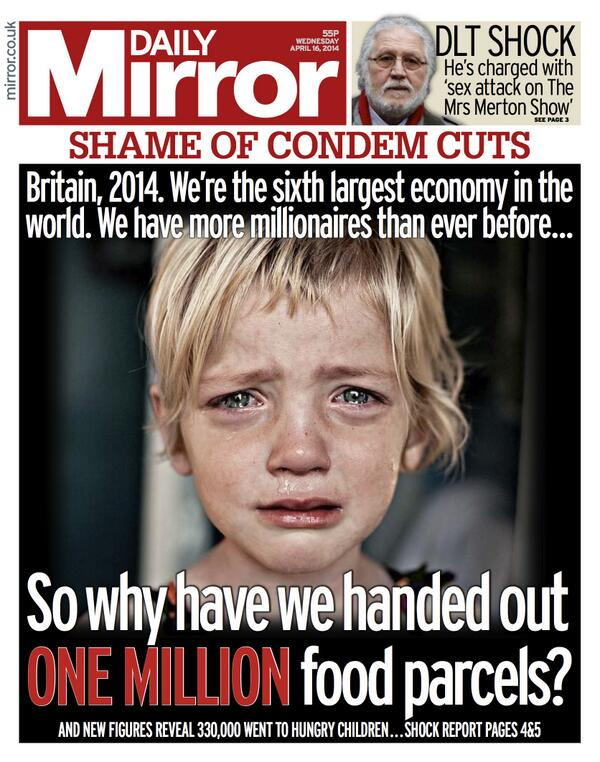
In countries where rightwing populists rise to power their economic policies are typically neoliberal; they tend to make the position of employees more vulnerable & favour domestic or international big capital over workers. This provides an opening for progressives. 

There are two areas where voters perceive huge problems with #neoliberalism: the labour market (insecure jobs/vulnerability, work-life balance, low pay) & increasing social inequality. Left-wing economic policies have protection of employees & social justice as core concerns, 
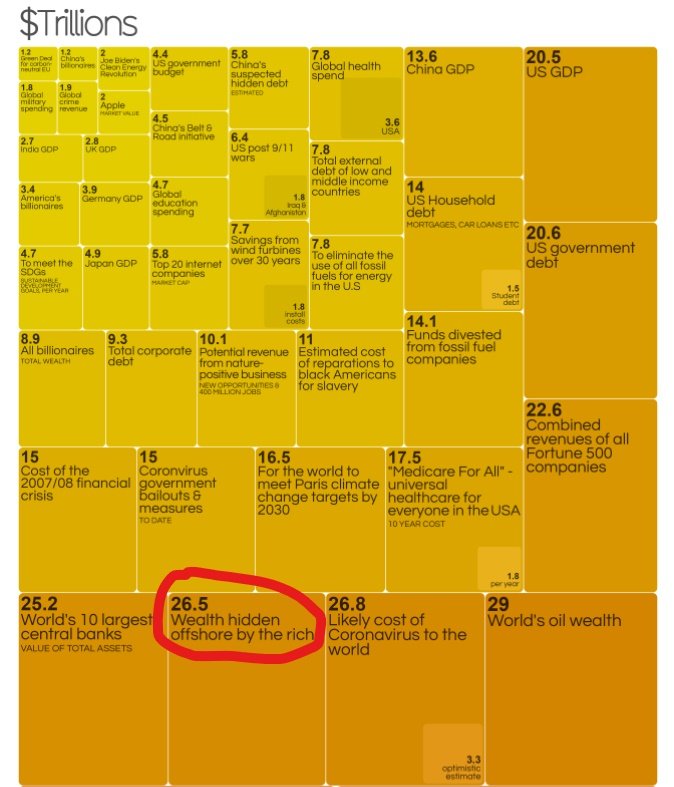
Migration is arguably the most divisive issue within the Left - the gift that keeps on giving for right-wing populists. Thanks to this issue, the Right have managed to win over millions of voters. There is no way to win on
this issue from a left-wing perspective. However...
this issue from a left-wing perspective. However...

The Left must present its own policy proposals on the subject, & these proposals should not copy populist rhetoric but place (ethical) integration as a priority. The lack of integration leads to social conflicts, scapegoating, increasing crime & a decline in social cohesion.
Voters increasingly expect immigrants who arrive in their countries to not just coexist with them but to also fulfil their obligations towards the community; they expect immigrants to learn the language of the host country & identify with the community’s most fundamental values.
The Left must propose immigration policies which show that the state is in control & can manage crises.
The rhetoric which says “migration has always existed & will always exist, there's nothing to be done about it”, or which asks citizens to just accept it, is doomed to fail.
The rhetoric which says “migration has always existed & will always exist, there's nothing to be done about it”, or which asks citizens to just accept it, is doomed to fail.
Finally, in most countries - including the UK - a scenario that would allow the largest left-wing/progressive party to form a government alone is unlikely.
In Britain we came very close in 2017, but fell short. Sadly, I think it optimistic that @UKLabour wins a majority in 2024.
In Britain we came very close in 2017, but fell short. Sadly, I think it optimistic that @UKLabour wins a majority in 2024.

In Britain, our antiquated anti-democratic electoral system is not fit for purpose. Far too many people live in constituencies where their vote is meaningless. The progressive response to the rise of populists must include a strategy of identifying potential coalition partners.
In terms of both progressive values & pragmatic considerations, representatives from progressive parties should consider entering into cooperation, or face becoming largely irrelevant. @theSNP @TheGreenParty @LibDems @UKLabour & other smaller parties should talk much more.
• • •
Missing some Tweet in this thread? You can try to
force a refresh


